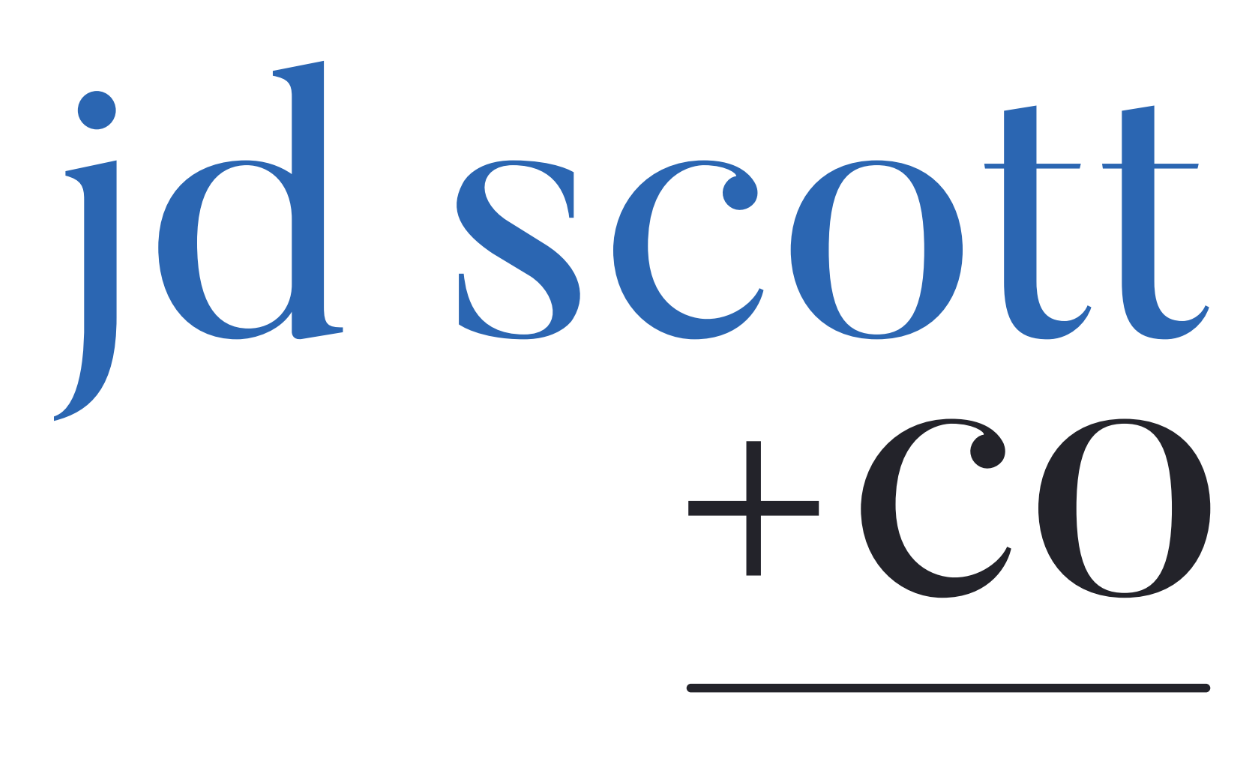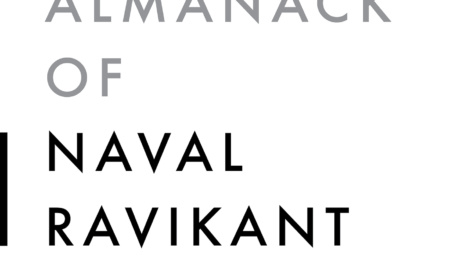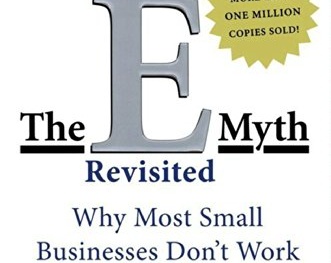Self-Education Tax Deduction: Navigating TR 2024/3 for Taxpayers
How much can I tax deduct for self education expenses? Are my course fees and books deductible? What about if I am changing careers? Are these costs deductible?
The ATO recently released an updated tax ruling on Self Education Tax deductions, replacing their previous tax ruling issued in 1998. Taxation Ruling TR 2024/3 discusses what expenses constitutes deductible self-education expenses.
When is Self-Education tax deductable?
Self Education expenses are deductible when they are incurred in gaining or producing your assessable income and are not private or domestic in nature, or otherwise prevented from being deductible. Essentially this means that you can deduct the amounts if you make a living from it.
Self education is not tax deductible to the extent it is reimbursed by an employer or other party.
Understanding Gaining or Producing Assessable Income
In order for self-education to be tax deductible, it must be incurred in gaining or producing assessable income. This will be the case where either;
– you are either maintaining or improving certain knowledge or skills, or
– it leads to or is likely to lead to an increase in income from your current income producing activity.
These are explained more fully below.
It is not incurred in gaining or producing assessable income where it enables you to gain new employment or new income producing activities, or you are not undertaking income earning activities at the time you incur the expenses. That is, you can’t currently be an accountant, undertake a course to be a sous-chef and tax deduct the course fees.
Principle 1: Maintenance or Improvement of Specific Knowledge or Skills
Self-education expenses are deductible when they are incurred to maintain or improve the knowledge or skills required for an individual’s current income-earning activities. It needs to specific to your role and not too general – for example a self improvement course may struggle to be deductible for many roles.
For example, a trainee accountant undertaking a commerce degree to improve their job performance directly aligns with this principle, rendering the associated costs deductible. As would a driving course for a mechanic.
However, a company director who is struggling a work due to stress with a difficult family situation, undertakes a stress management course. This would unlikely be deductible as its not designed to maintain or increase the skills or specific knowledge in the current position.
Principle 2: Leads to or is likely to lead to an increase in Income
This principle applies when self-education leads to or is likely to result in an increase in income from an individual’s current income-earning activities.
An instance illustrating this principle would be an apprentice mechanic attending a heavy vehicle driving course, which not only enhances their skill set but also opens up avenues for pay rises and promotions.
Exclusions to Deductibility
While TR 2024/3 outlines the conditions under which self-education expenses can be deducted, it also specifies exclusions where deductibility does not apply:
Exclusion 1: New Employment or New Income-Earning Activity
Expenses incurred with the intention of gaining new employment, obtaining a new position, or embarking on a new income-earning venture do not qualify for deductions. This exclusion addresses the timing of the expense in relation to income-earning activities, emphasizing that the expenditure must be directly connected to current professional undertakings rather than future aspirations.
Exclusion 2: Not Currently Undertaking Income-Earning Activities
This exclusion highlights that self-education expenses are not deductible if, at the time they are incurred, the individual is not engaged in any income-earning activities. It ensures the necessity of a direct link between the educational investment and the generation of assessable income.
Types of Deductions for Self-Education Expenses
TR 2024/3 delineates various categories of self-education expenses that can be considered for deductions, including course fees, books, digital subscriptions, stationery, and transport costs, among others. For instance, course fees for full fee-paying places are deductible, emphasizing the role of formal education in professional development. Similarly, the ruling acknowledges the deductibility of transport costs to and from the place of education, recognizing the logistical aspect of undertaking self-education.
Conclusion
Taxation Ruling TR 2024/3 serves as an essential resource for individuals seeking to understand the intricacies of self-education tax deductions. By clarifying the conditions under which self-education expenses can be deducted, the ruling supports the pursuit of professional development while ensuring compliance with Australian tax law. For taxpayers, this guidance is invaluable in making informed decisions about their educational investments and their implications for tax deductions.
You can read more about self-education expenses from the ATO here.
Contact us today to see how we can help you understand more about Self-Education Tax Deductions.














